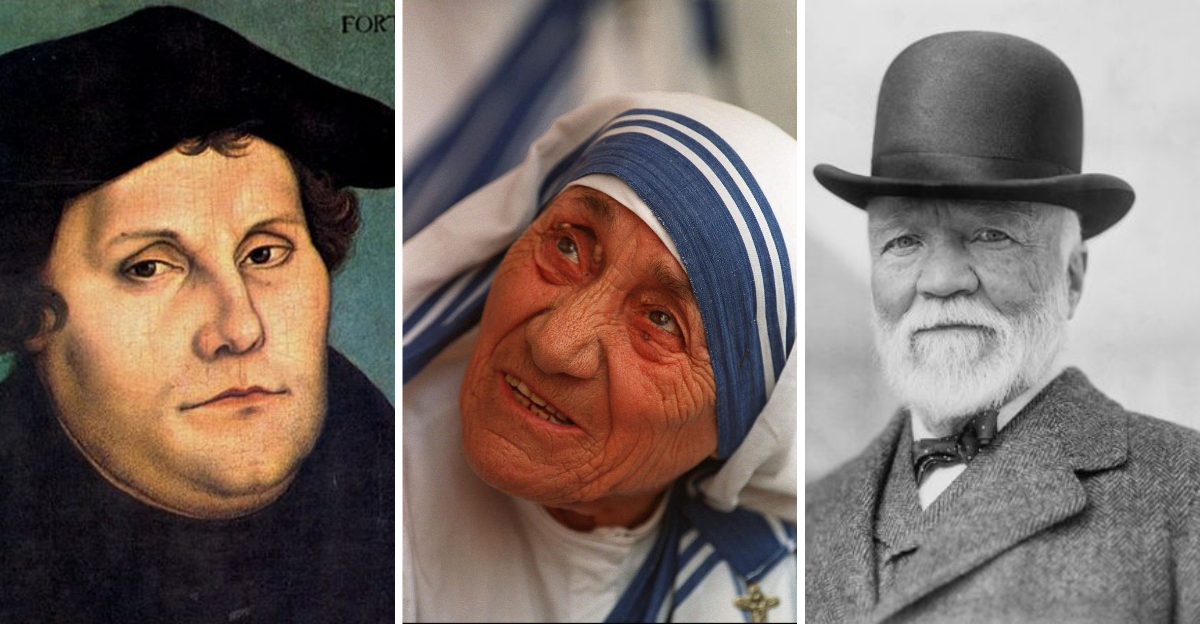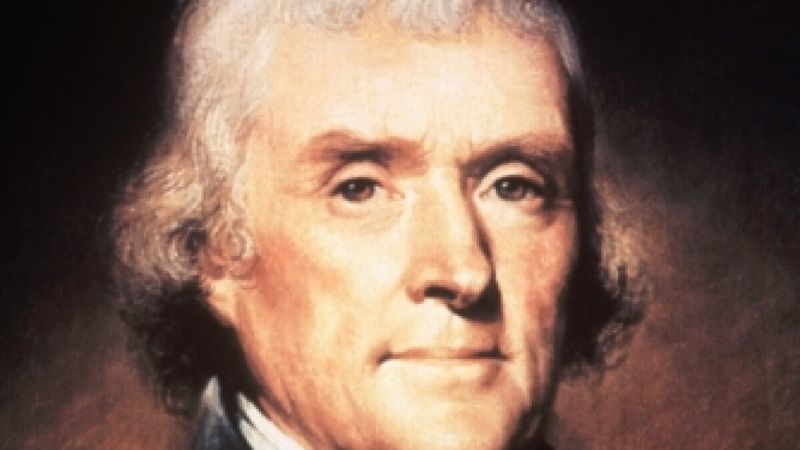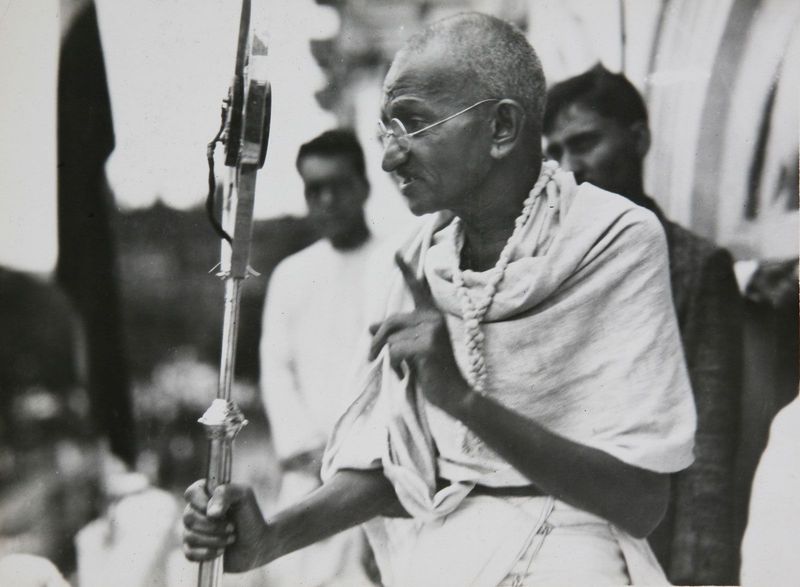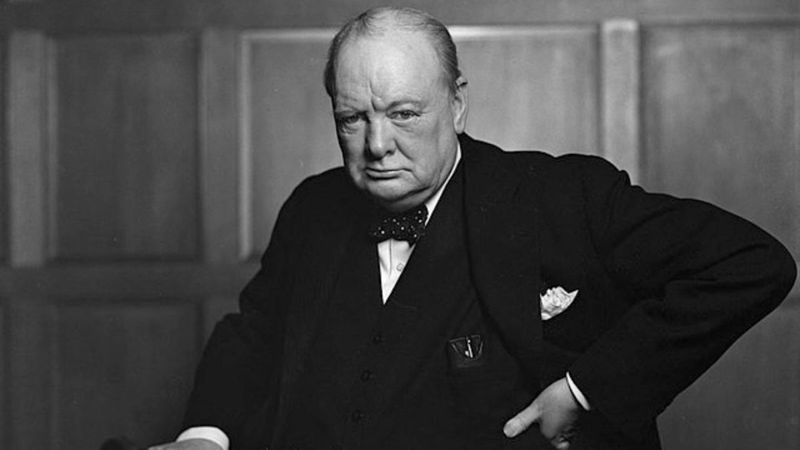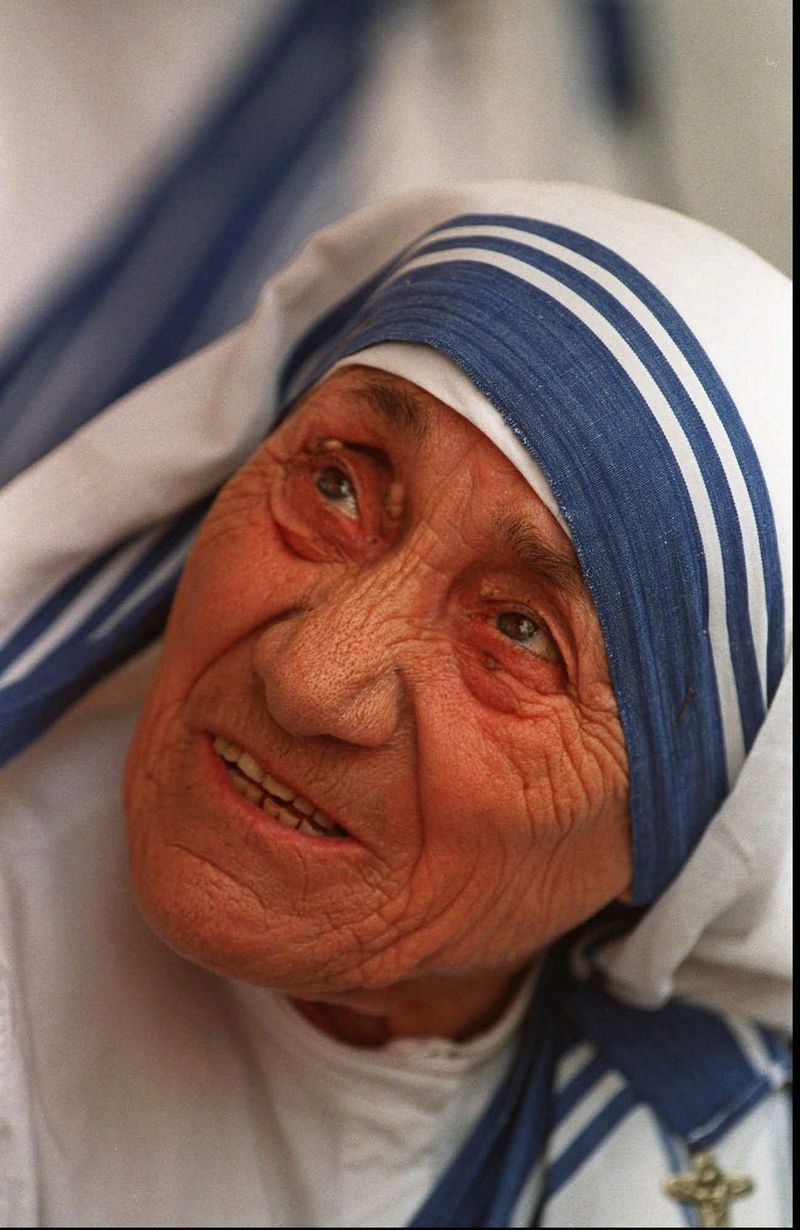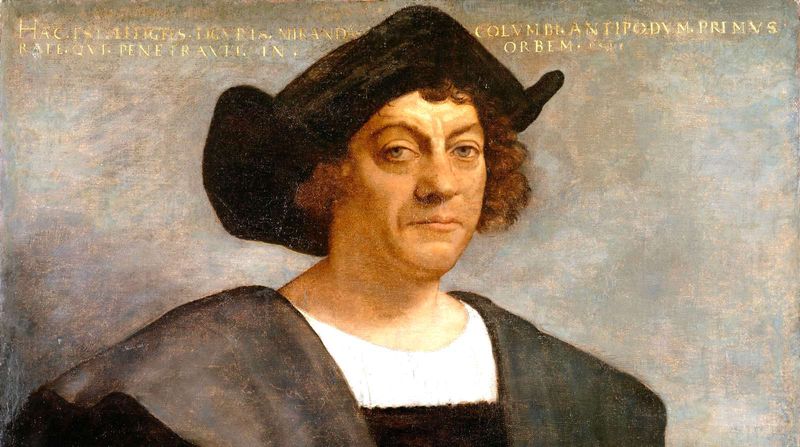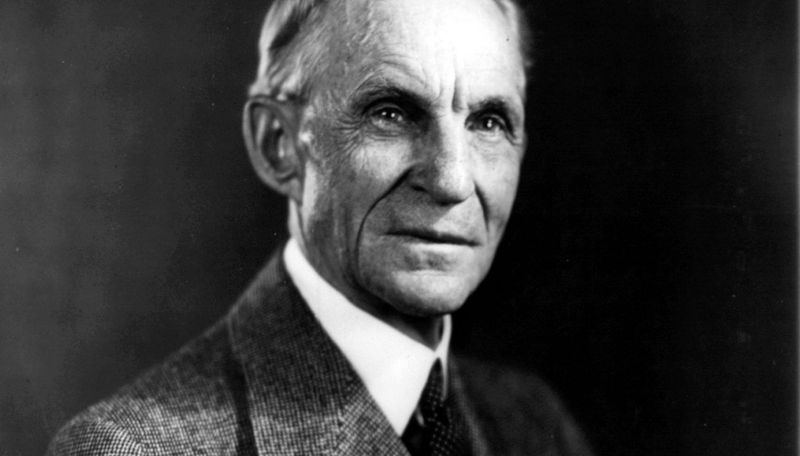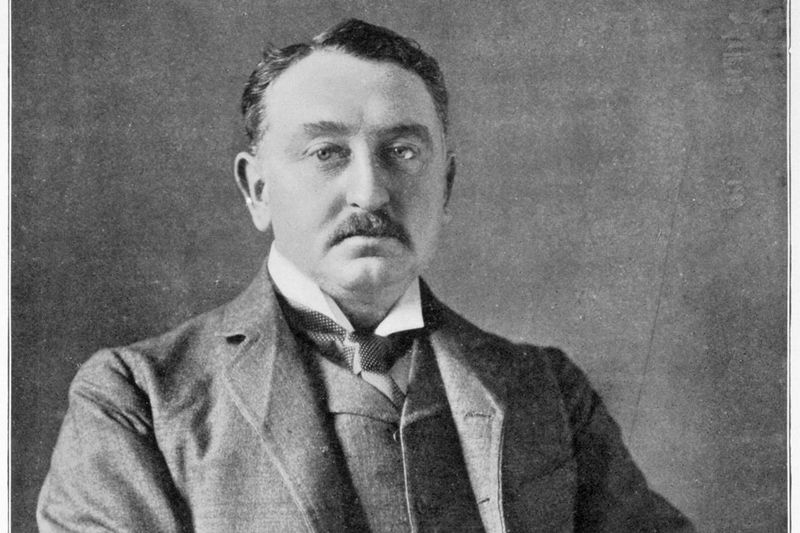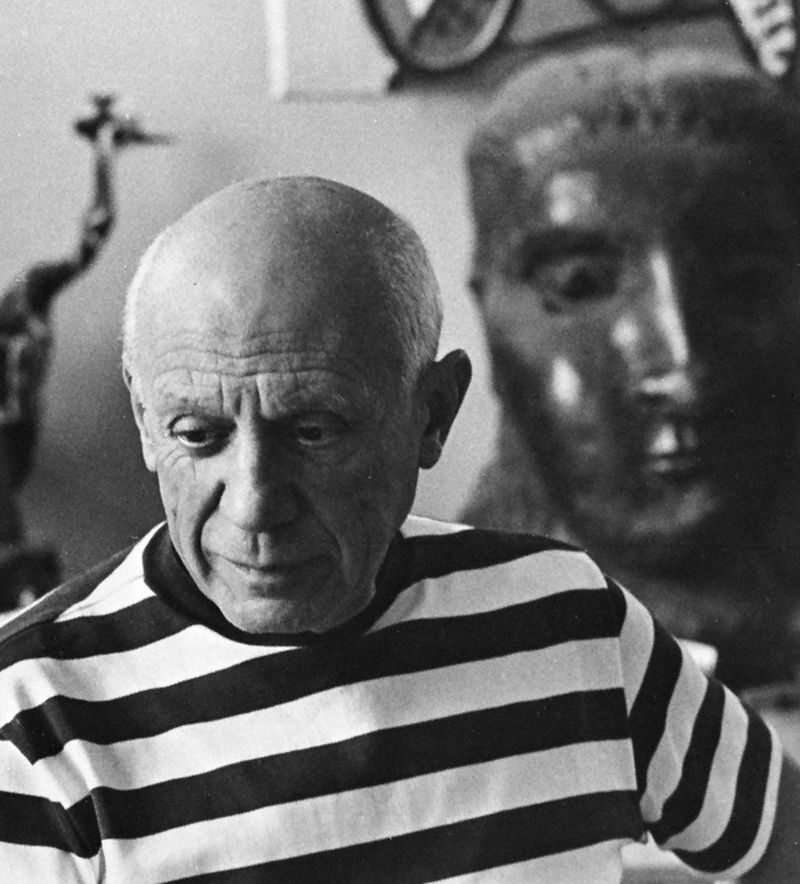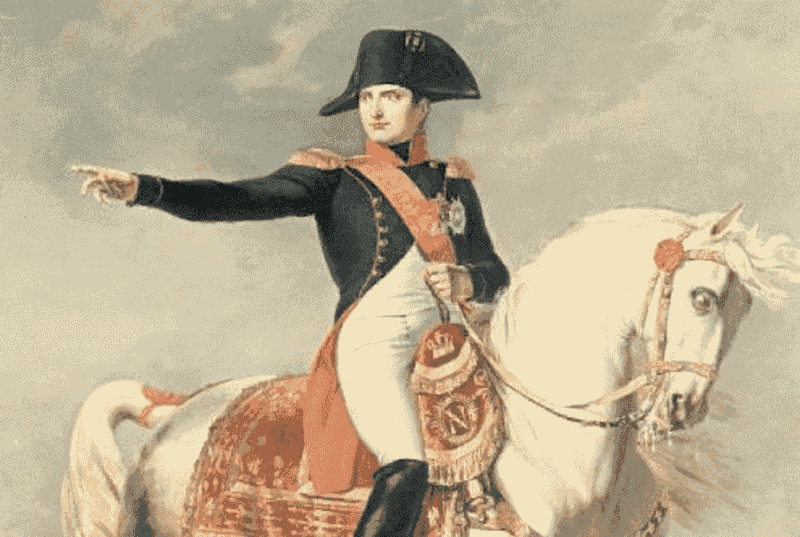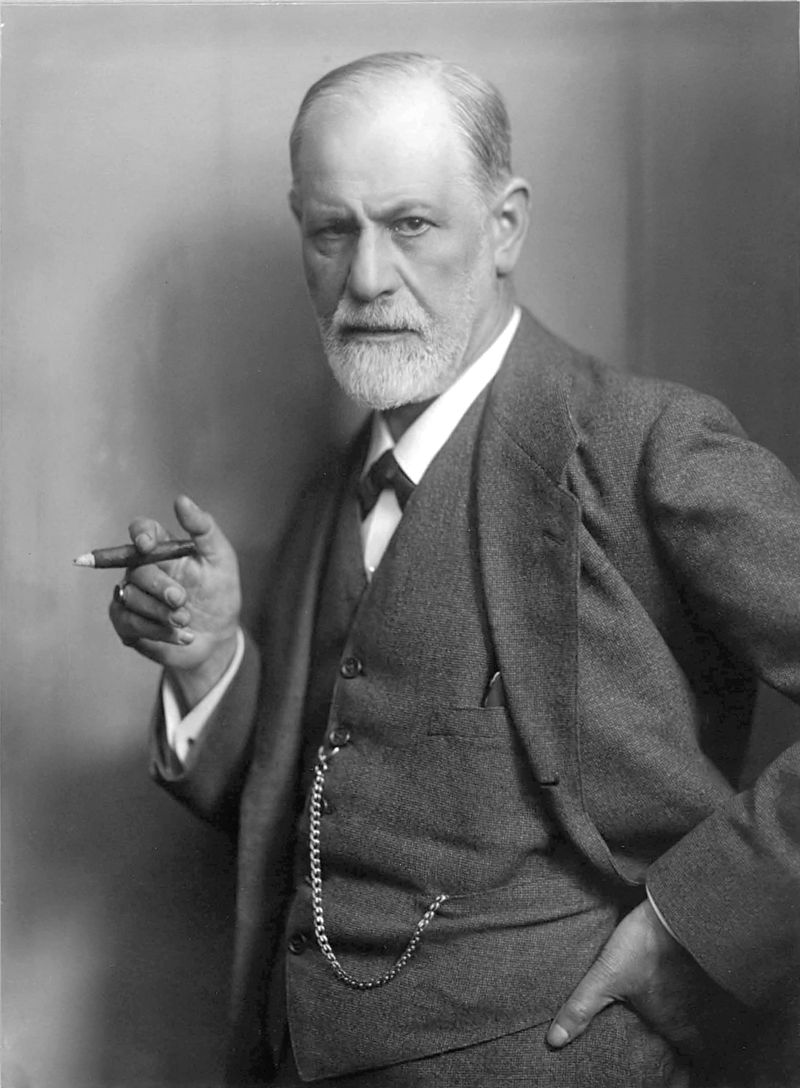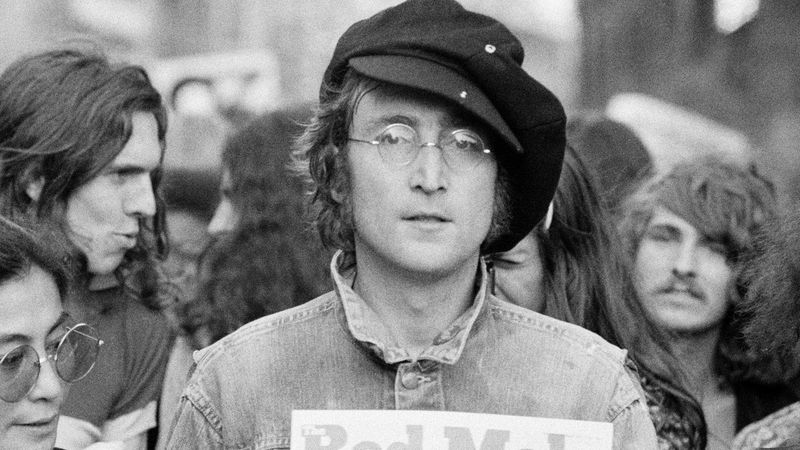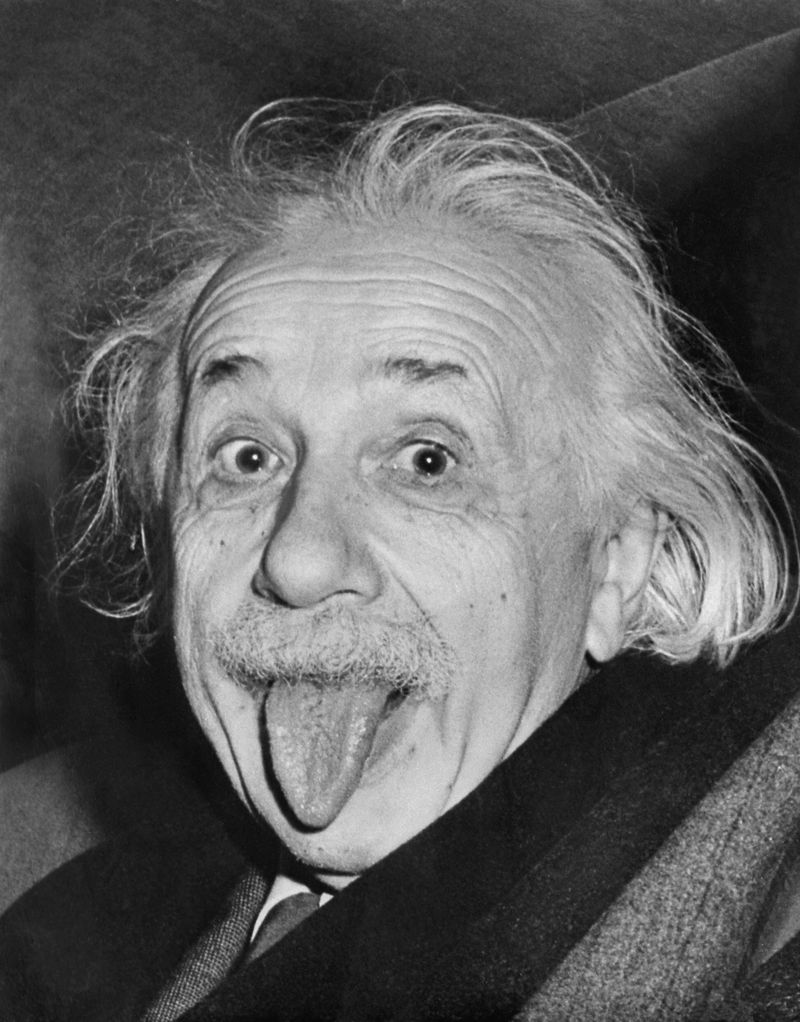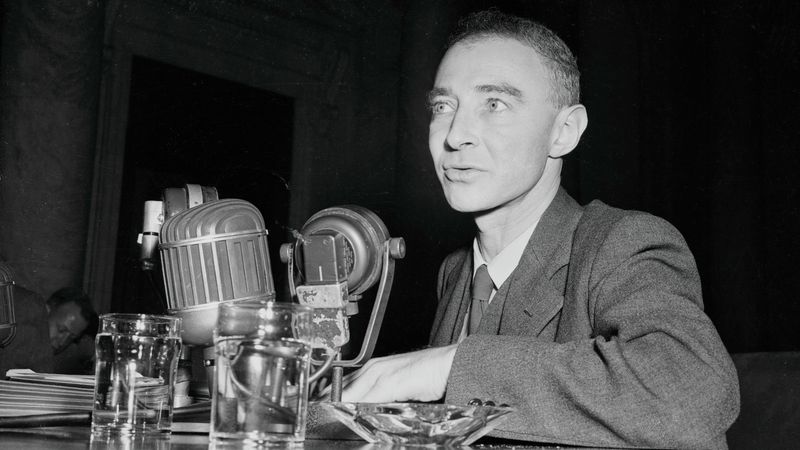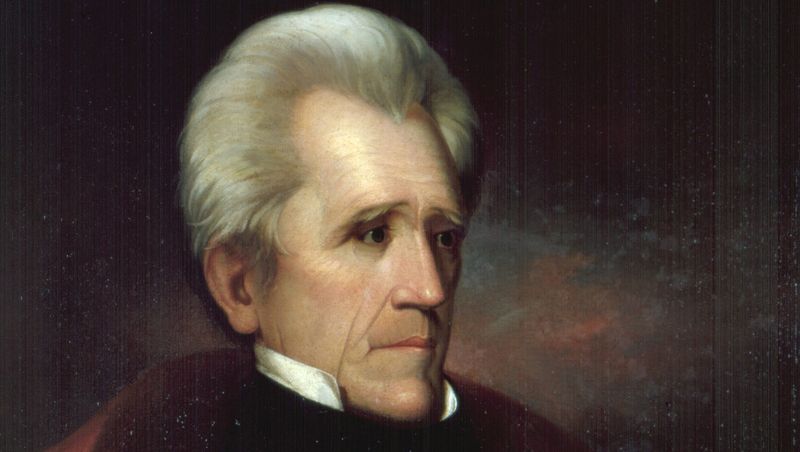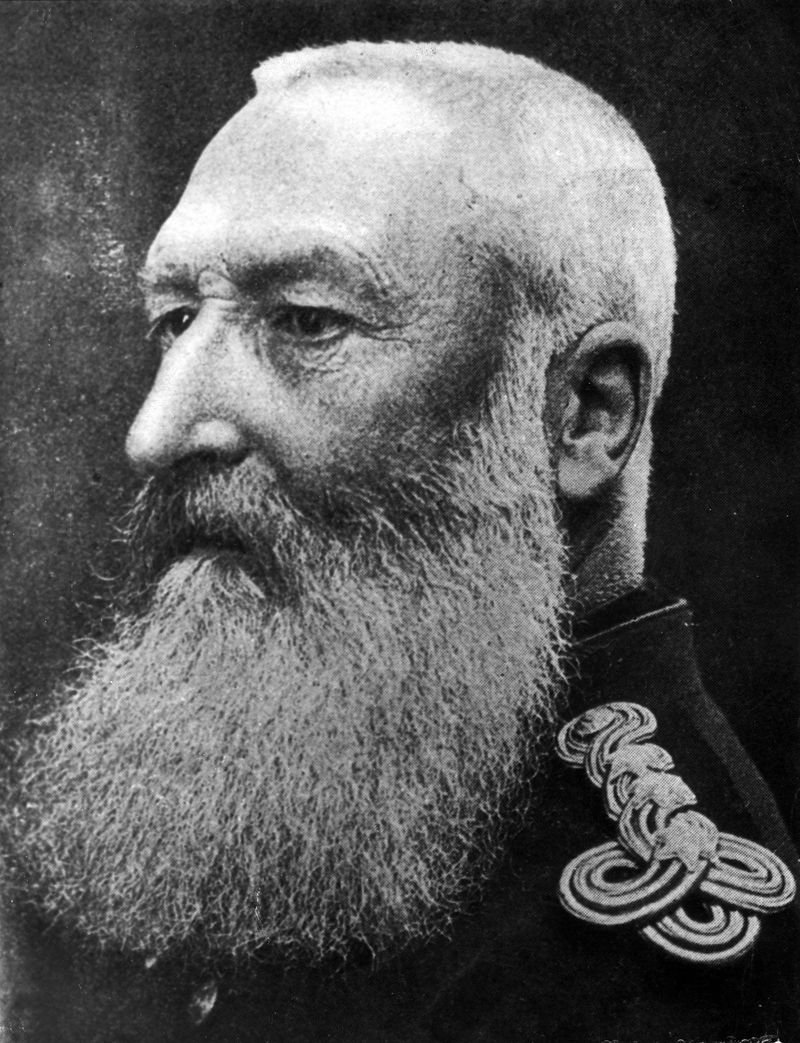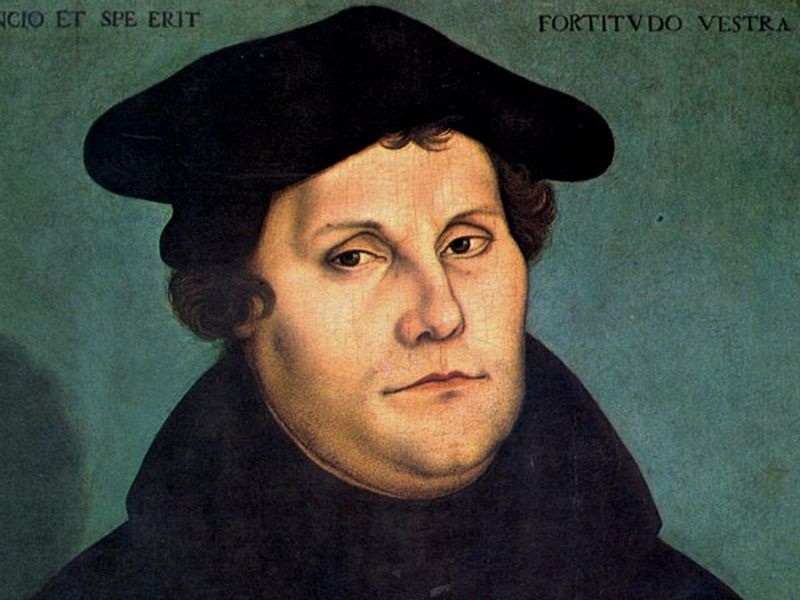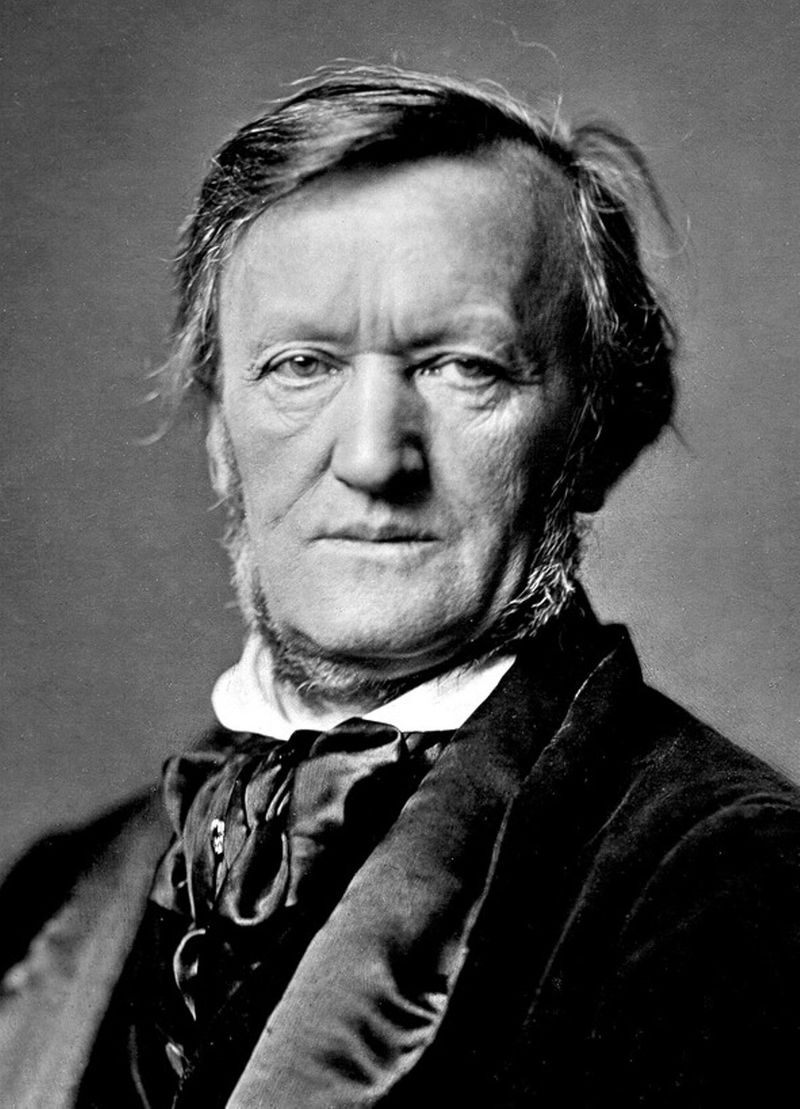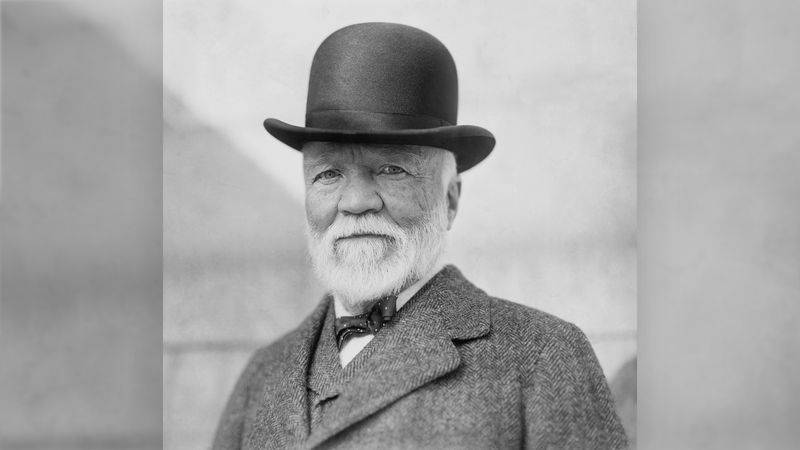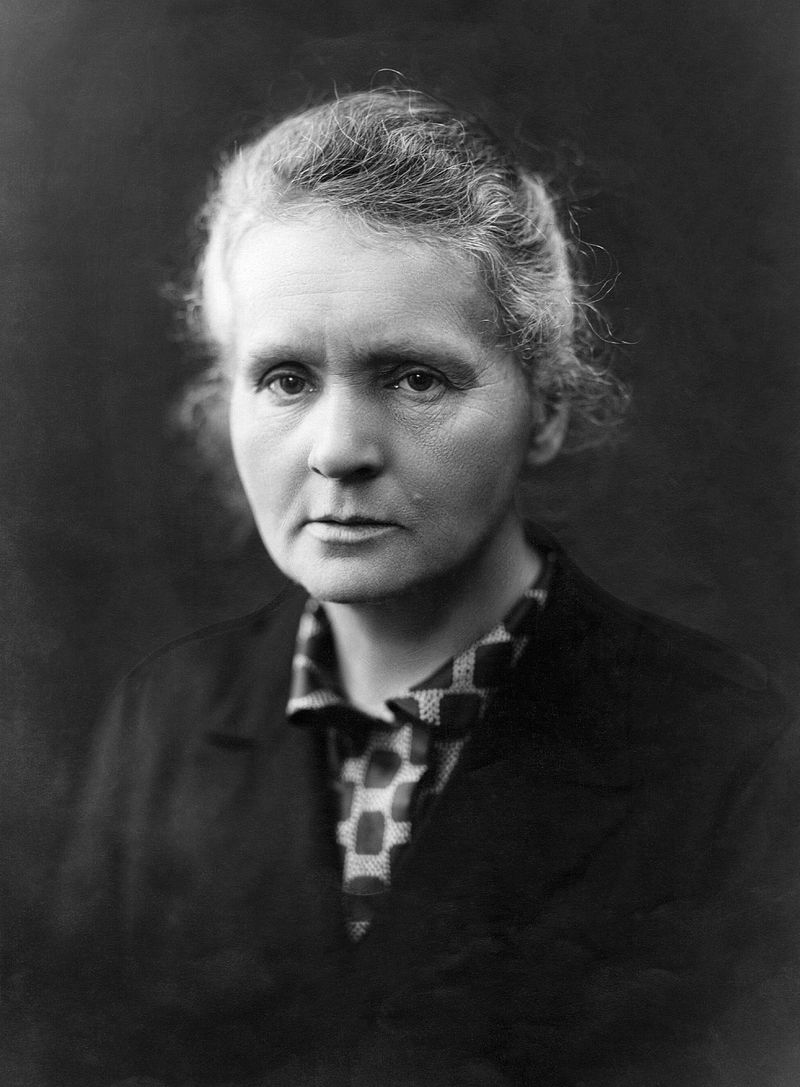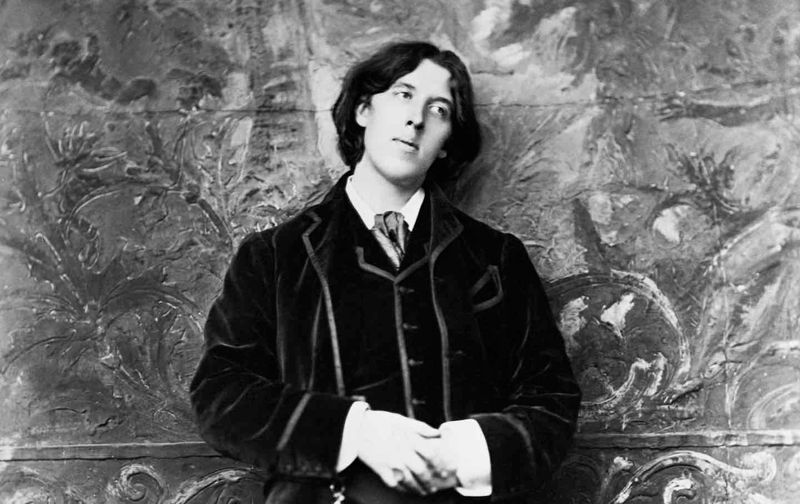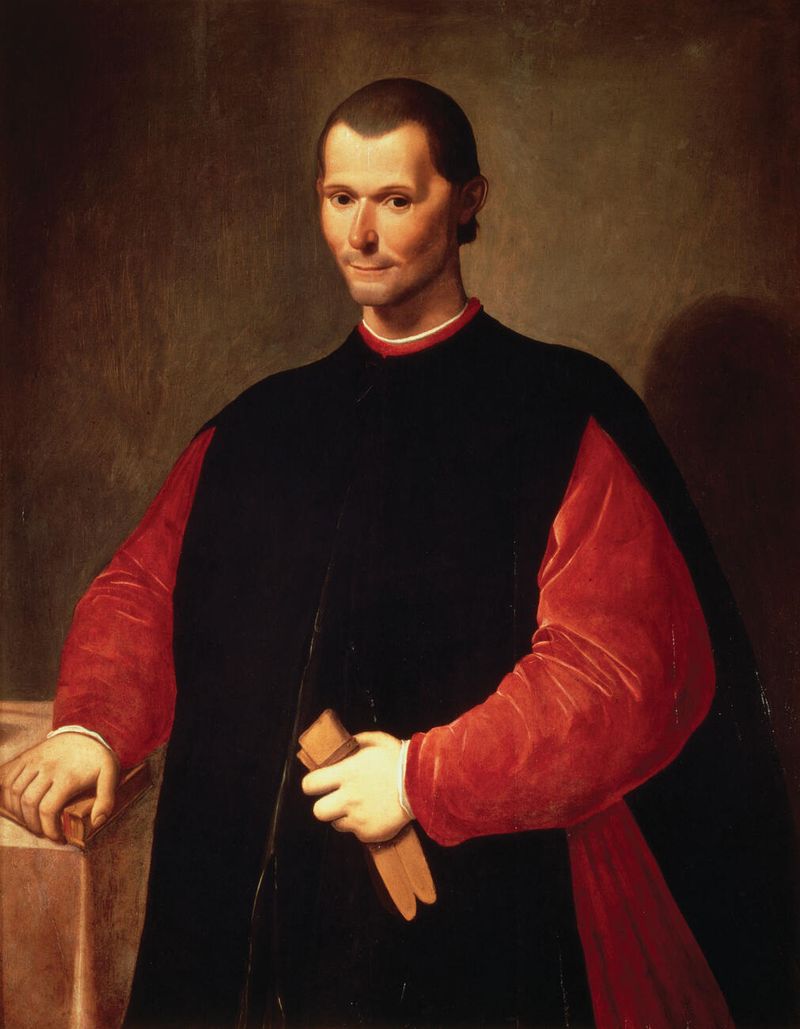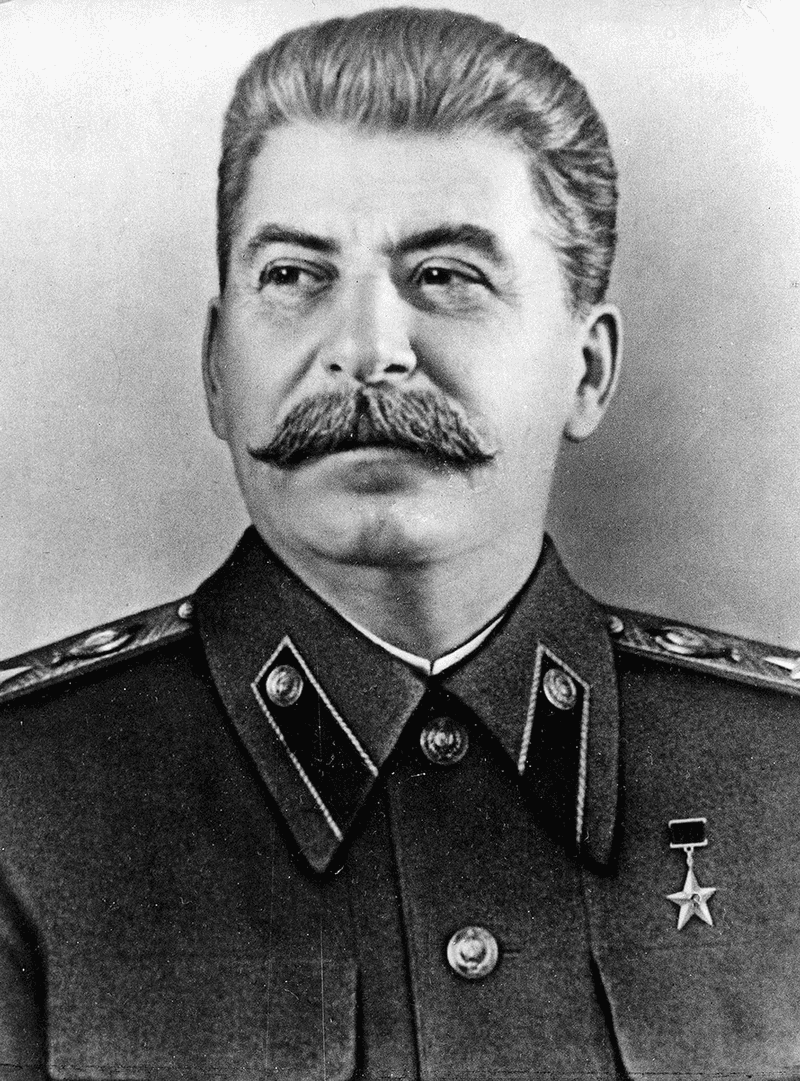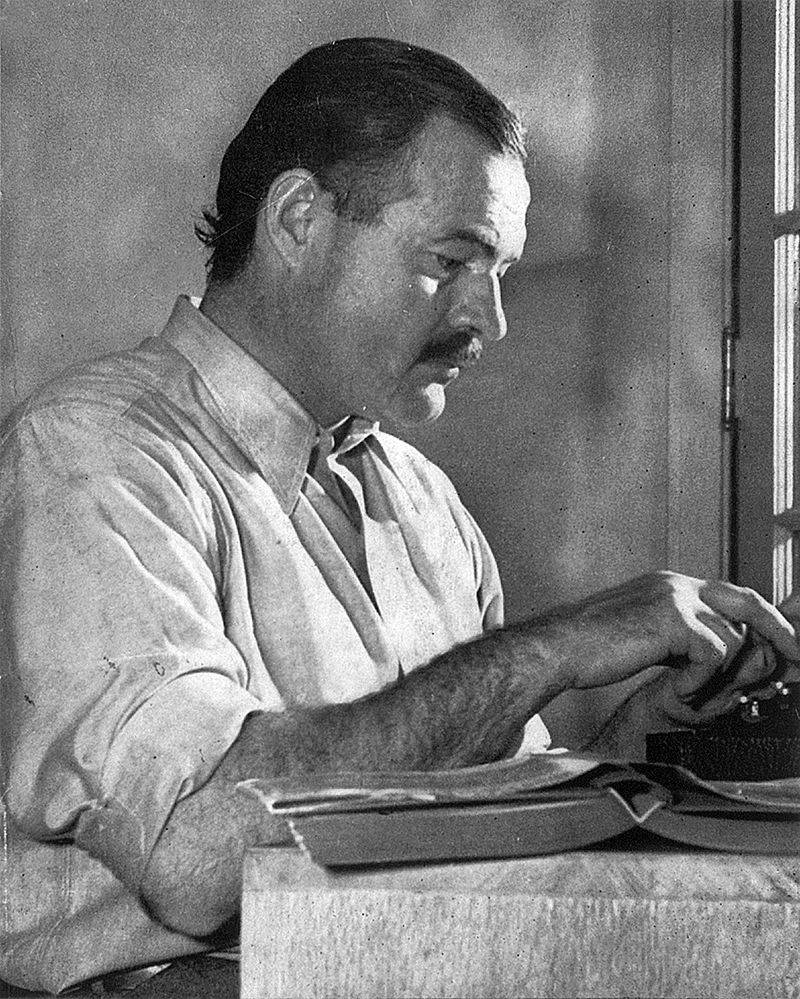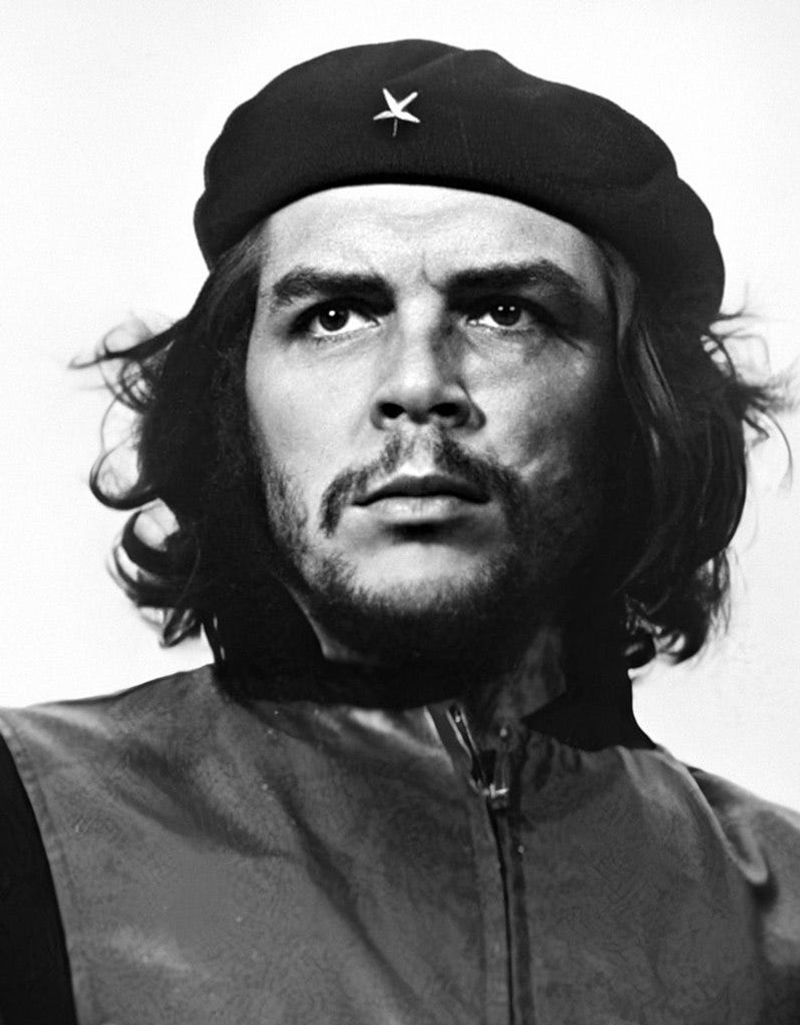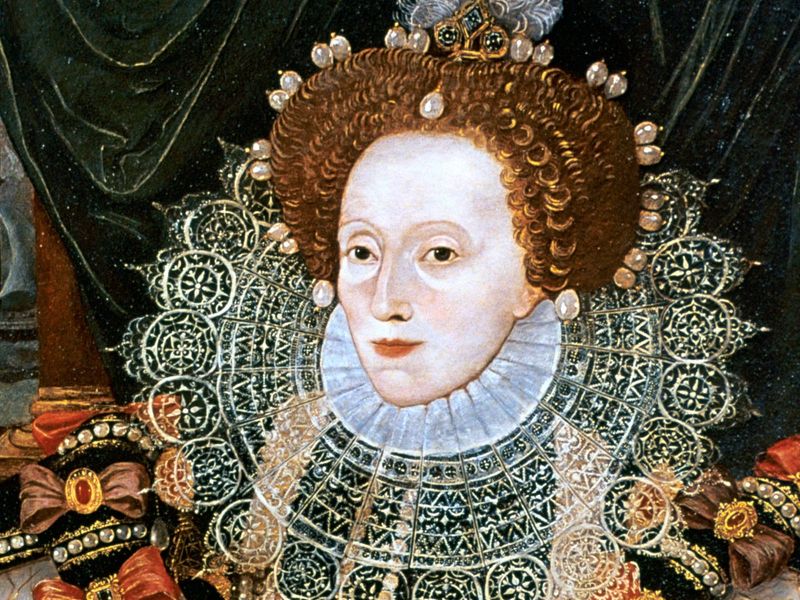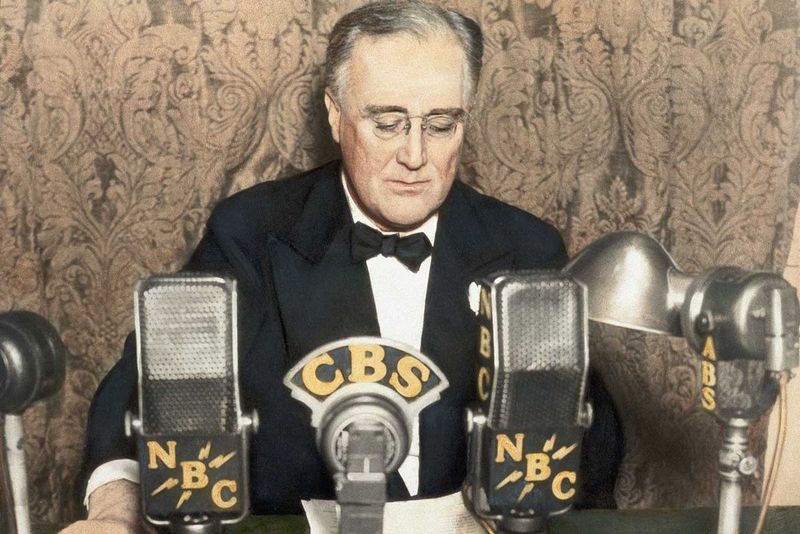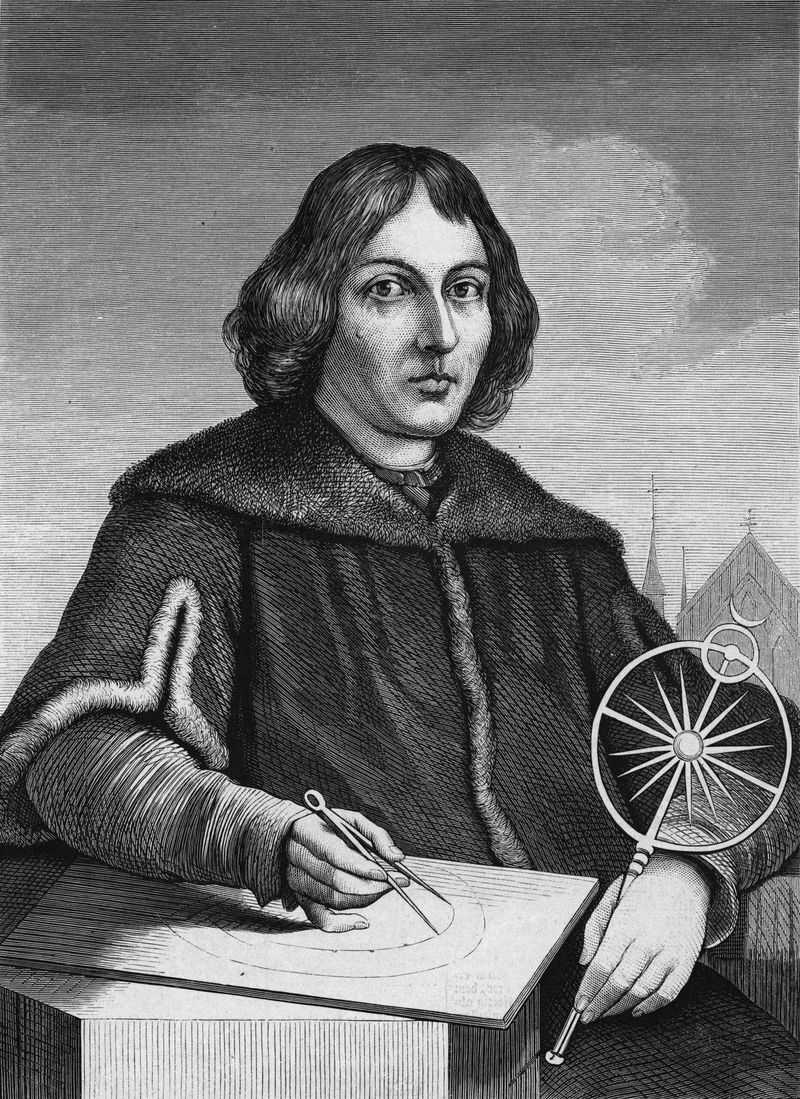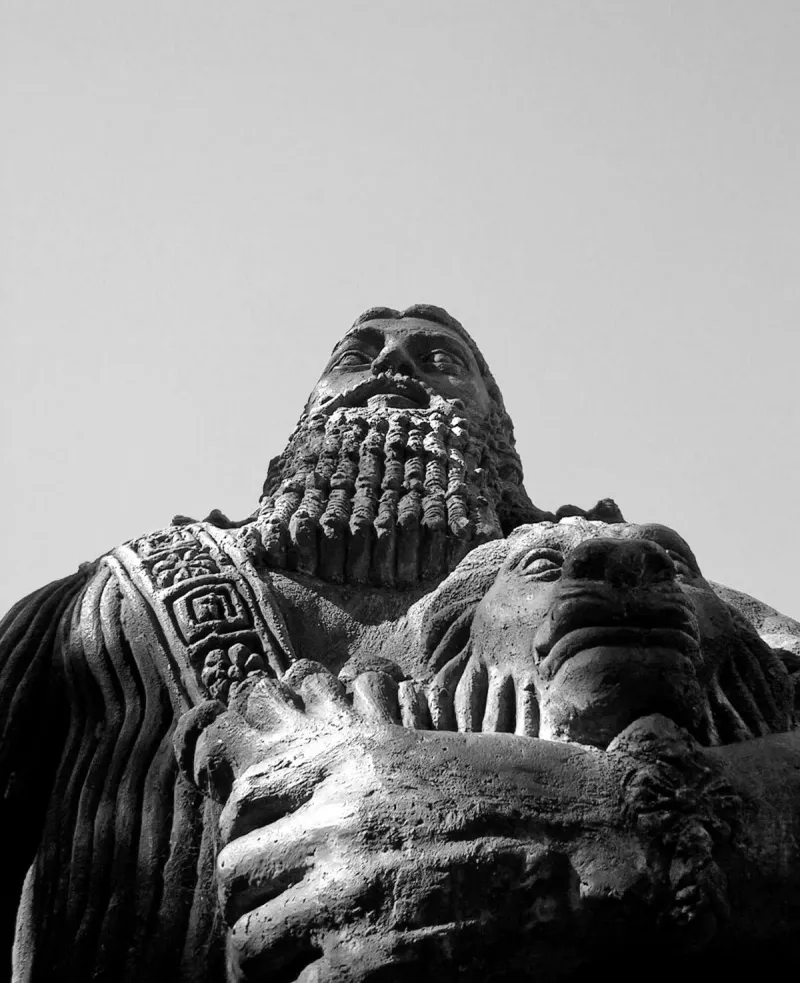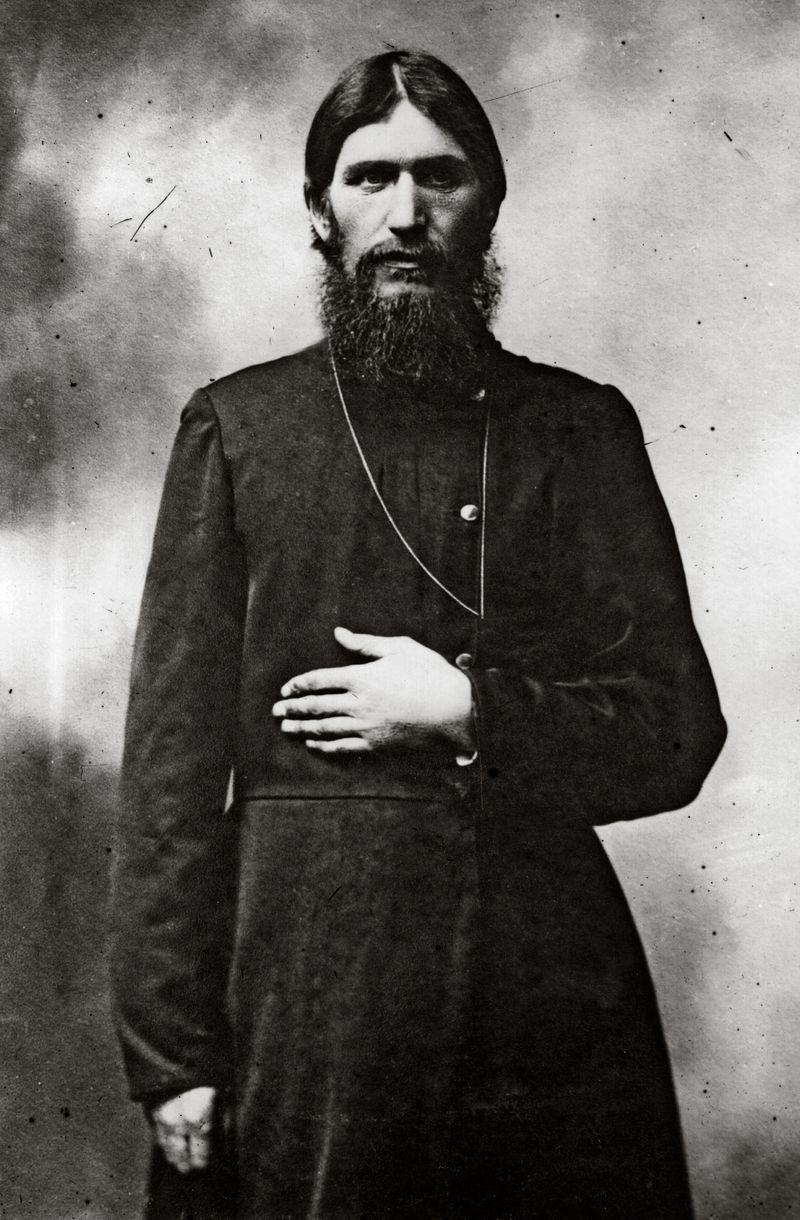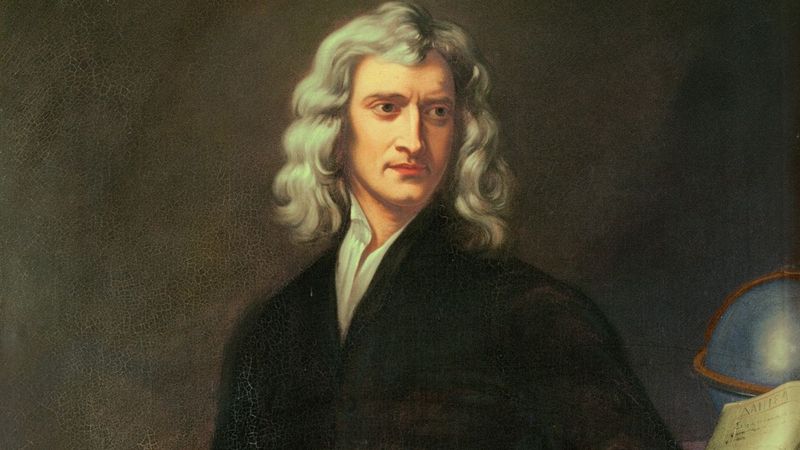History often paints a rosy picture of its most beloved figures, highlighting their achievements while glossing over their darker deeds. This blog post explores thirty such historical figures whose reputations are far more complex than the simplified narratives.
These individuals, celebrated for their contributions to society, also harbored traits and committed actions that were less than admirable. By examining these multifaceted personalities, we aim to shed light on the more sinister aspects of their lives.
Join us in unraveling the complex tapestry of human nature through these fascinating stories.
1. Thomas Jefferson
Thomas Jefferson, the third President of the United States, is widely celebrated for authoring the Declaration of Independence. However, his legacy is marred by his contradiction as a staunch advocate for liberty who owned hundreds of enslaved people. Jefferson’s Monticello estate was a symbol of elegance, yet it was maintained by forced labor. Despite his vocal opposition to slavery, he never freed the majority of his enslaved workers. This duality of character raises questions about his true commitment to the ideals of freedom and equality. His story exemplifies the complexity of historical figures, reminding us of their human flaws.
2. Mahatma Gandhi
Mahatma Gandhi is revered globally for his nonviolent resistance against British colonial rule in India. Yet, Gandhi’s personal views and actions reveal a more controversial side. He held regressive views on race and once supported racial segregation in South Africa. Additionally, his relationships with women, including his celibacy experiments, have drawn criticism. Gandhi’s idealistic vision for India sometimes clashed with practical realities, leading to political tensions. Despite his undeniable impact on the world stage, Gandhi’s life underscores the contradictions that often accompany revered historical figures. His legacy, both inspiring and perplexing, continues to spark debate.
3. Winston Churchill
Winston Churchill, the British Prime Minister during World War II, is hailed for his leadership in defeating Nazi Germany. However, his imperialist stance and racially charged statements reflect a more controversial side. Churchill’s policies contributed to the Bengal famine of 1943, which claimed millions of lives. His belief in British superiority shaped his political decisions, often at the expense of colonized nations. Despite his wartime heroics, Churchill’s legacy is marred by his complex views on race and empire. These contradictions highlight the multifaceted nature of historical leaders, urging us to reconsider their lasting impact.
4. Mother Teresa
Mother Teresa, admired for her charitable work in India, established the Missionaries of Charity to aid the destitute. Yet, her methods and beliefs have been subject to scrutiny. Critics argue that her order prioritized suffering over genuine medical treatment, often in subpar conditions. Her close associations with controversial political figures further complicate her legacy. Mother Teresa’s unwavering religious convictions sometimes overshadowed the practical needs of those she served. While her dedication to helping the poor is undeniable, her approach raises ethical questions. Her complex legacy serves as a reminder of the nuanced realities often hidden behind iconic personas.
5. Christopher Columbus
Christopher Columbus is celebrated for discovering the Americas in 1492, yet his actions sparked centuries of exploitation and colonization. His voyages led to the mistreatment and enslavement of indigenous peoples. Columbus’s relentless pursuit of wealth and power contributed to the widespread devastation of native cultures. While he opened new worlds for exploration, his legacy is intertwined with the darker aspects of European expansion. Columbus’s story challenges the glorification of exploration, reminding us of the profound impact of imperialism. His complex legacy continues to provoke discussions about historical narratives and the individuals who shaped them.
6. Henry Ford
Henry Ford, the pioneer of modern automobile manufacturing, revolutionized industry with his assembly line production. However, his legacy is tainted by his antisemitic views and publications. Ford’s newspaper, The Dearborn Independent, propagated harmful stereotypes and fueled prejudice against Jewish communities. His influence extended beyond manufacturing, impacting social and political spheres. Despite his contributions to industrial growth, Ford’s personal beliefs and actions cast a shadow over his achievements. This duality reflects the complex nature of influential figures, reminding us of the importance of examining history with a critical lens. Ford’s story serves as a cautionary tale about unchecked power.
7. Cecil Rhodes
Cecil Rhodes, a British imperialist, played a significant role in the colonization of Southern Africa. He founded the De Beers diamond company and established the Rhodes Scholarship. Yet, his expansionist policies were driven by a belief in British racial superiority. Rhodes’s actions resulted in the displacement and suffering of indigenous populations. His legacy includes both educational philanthropy and controversial imperialism. As a figure who shaped colonial history, Rhodes’s story reveals the complexities of ambition and morality. His life prompts us to reconsider the narratives of empire builders and their lasting impact on the world stage.
8. Pablo Picasso
Pablo Picasso, a groundbreaking artist of the 20th century, is celebrated for revolutionizing modern art. However, his personal life was marked by tumultuous relationships and controversial behavior. Picasso’s treatment of women, particularly his muses and partners, often reflected a pattern of exploitation and manipulation. Despite his artistic genius, his actions raise questions about the separation of art and artist. Picasso’s legacy is a testament to the complex interplay between creative brilliance and personal flaws. His story challenges us to appreciate his contributions while acknowledging the darker aspects of his character. Such contradictions enrich our understanding of cultural icons.
9. Napoleon Bonaparte
Napoleon Bonaparte, a military genius, reshaped Europe with his conquests and reforms. Yet, his quest for power led to widespread destruction and loss of life. Napoleon’s authoritarian rule and relentless ambition left a trail of devastation across the continent. His legal reforms, known as the Napoleonic Code, modernized European law but were accompanied by oppressive policies. Despite his complex legacy, Napoleon is often romanticized as a hero of France. His story highlights the duality of leaders who achieve greatness while leaving a wake of chaos. Napoleon’s life underscores the fine line between visionary and tyrant.
10. Sigmund Freud
Sigmund Freud, the father of psychoanalysis, revolutionized the understanding of the human mind. However, his theories and practices were often controversial and lacking empirical support. Freud’s emphasis on sexual motivations and his interpretations of dreams have been scrutinized by modern psychology. Despite his groundbreaking work, his methods and conclusions were sometimes speculative and biased. Freud’s legacy is a mixture of innovation and controversy, reflecting the complexities of pioneering science. His contributions continue to influence psychology, but his limitations remind us of the importance of scientific rigor. Freud’s story serves as a reminder of the evolving nature of knowledge.
11. John Lennon
John Lennon, a founding member of The Beatles, is celebrated for his contributions to music and peace activism. However, his personal life often contradicted his public persona. Lennon struggled with anger issues and had a history of abusive behavior towards women, including his first wife, Cynthia. His complex personality challenges the idealized image of a peace-loving icon. Despite his flaws, Lennon’s music and message of peace continue to resonate with audiences worldwide. His legacy prompts reflection on the multifaceted nature of public figures. Lennon’s life reminds us of the challenges in reconciling personal imperfections with public ideals.
12. Albert Einstein
Albert Einstein, the brilliant physicist who developed the theory of relativity, changed the course of science. Yet, his personal life was marked by turbulent relationships. Einstein’s marriages were fraught with infidelity and emotional distance, challenging the idealized image of the genial scientist. His complex character raises questions about the interplay between genius and personal conduct. Despite his contributions to science, Einstein’s personal shortcomings remind us that even the most revered figures have human flaws. His story encourages a deeper understanding of the individuals behind groundbreaking achievements. Einstein’s life underscores the multifaceted nature of human genius.
13. J. Robert Oppenheimer
J. Robert Oppenheimer, known as the “father of the atomic bomb,” played a pivotal role in the Manhattan Project. While his scientific achievements are remarkable, they came with significant moral dilemmas. The use of nuclear weapons in World War II led to catastrophic consequences, which burdened Oppenheimer with guilt. His complex legacy reflects the ethical challenges faced by scientists in times of war. Despite his contributions to physics, Oppenheimer’s story is a reminder of the profound responsibilities accompanying scientific advancement. His life urges us to consider the ethical dimensions of technological progress and its impact on humanity.
14. Andrew Jackson
Andrew Jackson, the seventh President of the United States, is known for his populist approach and military prowess. However, his presidency was marked by policies that led to the forced removal of Native American tribes, known as the Trail of Tears. Jackson’s actions resulted in immense suffering and displacement of indigenous populations. Despite his reputation as a people’s champion, his legacy is deeply entwined with the darker aspects of American expansionism. Jackson’s story reflects the contradictions inherent in historical leadership, prompting us to reconsider the narratives surrounding national heroes. His complex legacy challenges the glorification of political figures.
15. King Leopold II of Belgium
King Leopold II, often remembered for his grand architectural contributions to Belgium, harbored a brutal side that left a dark legacy in the Congo Free State. His administration was responsible for widespread atrocities, including forced labor, torture, and significant human rights abuses. The pursuit of rubber and other resources led to the suffering and death of millions, tarnishing his reputation.
Though he enriched Belgium through his colonial exploits, the human cost in the Congo was devastating. The international community eventually condemned his regime, but not before immense damage was done. Leopold’s actions serve as a chilling reminder of colonial exploitation’s impact on native populations.
16. Martin Luther
Martin Luther, the seminal figure of the Protestant Reformation, reshaped religious thought with his 95 Theses. However, his later writings contained vehement attacks on Jewish communities, reflecting deeply held prejudices. Luther’s theological contributions are overshadowed by these controversial views. Despite his impact on Christianity, his legacy is marred by intolerance and bigotry. Luther’s story underscores the complexities of religious reformers, reminding us of the human flaws that often accompany profound change. His life prompts reflection on the influence of personal beliefs on public actions. Luther’s legacy challenges us to grapple with the dual nature of historical transformation.
17. Richard Wagner
Richard Wagner, a towering figure in classical music, transformed opera with his innovative compositions. Yet, his legacy is clouded by his antisemitic writings and associations with nationalism. Wagner’s personal beliefs influenced both his work and public perception, prompting debates about the separation of art and artist. Despite his contributions to music, his complex persona raises ethical questions about cultural icons. Wagner’s story illustrates the challenges in reconciling artistic genius with personal prejudices. His legacy encourages a nuanced appreciation of historical figures and their impact on cultural heritage. Wagner’s life testifies to the enduring tension between creativity and ideology.
18. Andrew Carnegie
Andrew Carnegie, a steel magnate, became one of the wealthiest individuals of his time. He is remembered for his philanthropic efforts, funding libraries and educational institutions. However, his business practices often involved harsh labor policies and exploitation of workers. The contrast between Carnegie’s wealth accumulation and his charitable donations reflects a complex moral calculus. Despite his contributions to society, his legacy is intertwined with the darker aspects of industrial capitalism. Carnegie’s story highlights the duality of wealth and responsibility, prompting reflection on ethical business practices. His life encourages us to consider the broader impacts of individual ambition.
19. Marie Curie
Marie Curie, a pioneering scientist, made groundbreaking discoveries in radioactivity. However, her work environment and disregard for safety protocols led to dangerous exposure to radioactive substances. This lack of precaution ultimately contributed to her health decline. Curie’s story reflects the challenges faced by early scientists in understanding the risks of new technologies. Despite her scientific achievements, her legacy serves as a reminder of the importance of safety and ethics in research. Curie’s life underscores the complex interplay between innovation and caution. Her contributions continue to inspire, while highlighting the need for responsible scientific exploration.
20. Oscar Wilde
Oscar Wilde, a celebrated playwright and poet, is known for his wit and literary brilliance. However, his personal life was marked by scandal and legal troubles. Wilde’s open homosexuality led to his imprisonment in a society that criminalized such identities. Despite his literary achievements, his story highlights the societal prejudices of his time. Wilde’s legacy is a mixture of artistic triumph and personal tragedy, reflecting the challenges faced by those who defied social norms. His life encourages reflection on the intersection of art, identity, and societal acceptance. Wilde’s story remains a poignant reminder of the enduring struggle for authenticity.
21. Niccolò Machiavelli
Niccolò Machiavelli, the renowned Renaissance political philosopher, is best known for his work, “The Prince.” His writings have often been associated with cunning and ruthless political strategies. Machiavelli’s name became synonymous with manipulation and power politics. Despite his significant contributions to political thought, his legacy is often clouded by his controversial advice to rulers. His insights into human nature and governance continue to influence political discourse. Machiavelli’s story exemplifies the complexities of interpreting historical texts and the enduring impact of ideas on society. His life challenges us to explore the nuanced relationship between theory and practice.
22. Joseph Stalin
Joseph Stalin, the Soviet leader, is known for transforming the USSR into a major world power. However, his regime was marked by brutal purges and widespread repression. Stalin’s policies led to the deaths of millions, through famine, forced labor, and political purges. Despite his role in defeating Nazi Germany, his legacy is overshadowed by the immense human suffering under his rule. Stalin’s story highlights the dangers of absolute power and unchecked authority. His life serves as a stark reminder of the potential consequences of authoritarianism. Stalin’s legacy continues to provoke reflection on the complexities of leadership and governance.
23. Ernest Hemingway
Ernest Hemingway, a Nobel Prize-winning author, is celebrated for his terse prose and adventurous life. However, his personal relationships and struggles with alcohol painted a more tumultuous picture. Hemingway’s life was marked by episodes of depression and conflict, both internal and external. Despite his literary success, his story reflects the challenges of balancing personal demons with public acclaim. Hemingway’s legacy is a blend of literary brilliance and personal turmoil, prompting reflection on the pressures of creativity. His life encourages a deeper understanding of the complexities behind renowned writers. Hemingway’s story remains a testament to the human experience of contradiction.
24. Che Guevara
Che Guevara, a revolutionary icon, is celebrated for his role in the Cuban Revolution. However, his militant approach and involvement in violent uprisings reveal a more contentious side. Guevara’s vision for global revolution often led to harsh measures and authoritarian tactics. Despite his idealistic goals, his methods have been criticized for their impact on human rights. Guevara’s story highlights the duality of revolutionary figures, whose ideals clash with the realities of their actions. His legacy prompts reflection on the nature of rebellion and change. Guevara’s life remains a symbol of both inspiration and controversy in the struggle for justice.
25. Queen Elizabeth I
Queen Elizabeth I, the iconic ruler of England’s Golden Age, is celebrated for her leadership and cultural influence. Yet, her reign was marked by political intrigue and ruthless decisions. Elizabeth’s use of espionage and harsh treatment of dissenters reveal the complexities of her rule. Her legacy as a strong monarch is intertwined with the darker aspects of power. Despite her achievements, Elizabeth’s story challenges the idealized narratives of leadership. Her life underscores the intricate balance between authority and compassion. Elizabeth’s reign serves as a reminder of the multifaceted nature of historical figures and their influence on history.
26. Franklin D. Roosevelt
Franklin D. Roosevelt, the 32nd President of the United States, is celebrated for his leadership during the Great Depression and World War II. However, his administration’s internment of Japanese Americans during the war remains a controversial aspect of his legacy. Roosevelt’s decisions reflect the tensions between national security and civil liberties. Despite his transformative policies, his presidency highlights the complexities of wartime leadership. His legacy prompts reflection on the balance between safeguarding a nation and protecting individual rights. Roosevelt’s story serves as a reminder of the challenges faced by leaders in times of crisis. His life underscores the dual nature of historical impact.
27. Nicolaus Copernicus
Nicolaus Copernicus, the Renaissance astronomer, revolutionized the understanding of the cosmos with his heliocentric theory. However, his work challenged the geocentric views of the Church, leading to conflict and controversy. Copernicus’s findings were initially met with resistance and skepticism, reflecting the challenges faced by scientific pioneers. Despite his groundbreaking contributions, his story highlights the tensions between scientific discovery and religious doctrine. Copernicus’s legacy serves as a reminder of the courage required to challenge prevailing beliefs. His life encourages reflection on the evolving nature of knowledge and the pursuit of truth. Copernicus’s story remains a testament to the enduring quest for understanding.
28. Gilgamesh
Gilgamesh, a legendary figure from ancient Mesopotamian mythology, is often depicted as a heroic king. However, the Epic of Gilgamesh portrays him as a tyrant who oppressed his people before embarking on a journey of transformation. His story reflects the timeless themes of power, redemption, and the human condition. Despite his initial flaws, Gilgamesh’s quest for immortality and understanding marks a journey towards self-awareness. His legacy highlights the complexities of mythological figures, whose stories blend human traits with divine elements. Gilgamesh’s tale remains a powerful reflection on the dual nature of leadership and personal growth.
29. Rasputin
Grigori Rasputin, a mystic and advisor to the Russian Imperial family, wielded significant influence during the late Romanov era. Known for his controversial lifestyle and rumored involvement in political affairs, Rasputin’s presence sparked intrigue and mistrust. Despite his humble origins, his rise to power was marked by manipulation and scandal. Rasputin’s story is a testament to the complexities of influence and charisma, reflecting the tensions within the Russian court. His legacy challenges the narratives of power and mysticism, prompting reflection on the impact of enigmatic figures. Rasputin’s life remains a symbol of both fascination and controversy in history.
30. Isaac Newton
Isaac Newton, a scientific genius, was not only known for his groundbreaking work in physics and mathematics. Yet, beneath the veneer of intellectual brilliance lay a man infamous for his cantankerous and vindictive nature.
Newton was known to hold grudges against his contemporaries, often engaging in protracted feuds. He showed little empathy and was notoriously difficult to work with, driving away collaborators. These traits, combined with his secretive experiments in alchemy, painted a picture of a complex character.
Though his contributions to science are undeniable, Newton’s personal relationships were fraught with tension, revealing a less admirable side of the revered scientist.
